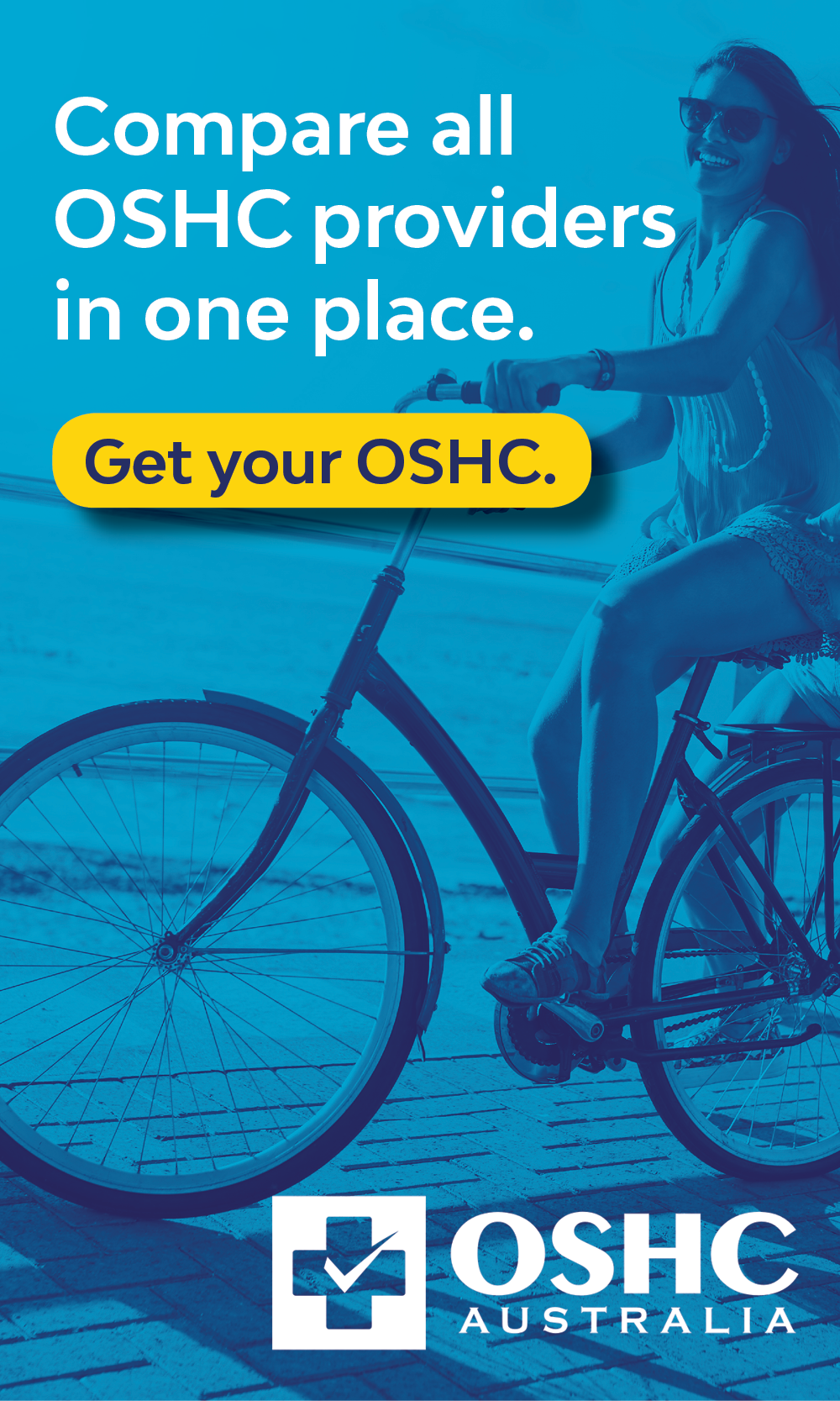Every seasoned traveller knows that preparation is key to a stress-free journey. While packing clothes and essentials is on everyone’s to-do list, one important item that is often overlooked is a travel first aid kit.
When you’re exploring new destinations, the last thing you want is an unexpected injury or illness to derail your plans. Whether you’re trekking through lush rainforests, basking on sunny beaches, or navigating bustling city streets, a first aid box stocked with the right supplies keeps you ready to handle minor mishaps and health concerns, if and when they arise.
Keep reading for a first aid checklist that covers all the basics, no matter where your journey takes you.
Essential Items for Your Basic First Aid Kit
The contents of a first aid kit should be versatile enough to handle common ailments, injuries, and emergencies. Here’s a list of the first aid box essentials you’ll need to pack.
Bandages & Bandaids
No travel medical kit is complete without bandages and bandaids—also known as plasters in the UK and sticking plasters in some parts of Europe. These items treat cuts, scrapes, and minor wounds.
Pack a variety of sizes and types, including adhesive strips for small cuts and larger bandages for more severe injuries. Elastic bandages can also be useful for supporting sprains or securing a dressing.
Antiseptic Solution
Antiseptic solutions, such as iodine or hydrogen peroxide, are used to clean wounds and prevent infection by eliminating bacteria. Compact travel-sized bottles are perfect for fitting into your travel first aid kit.
Antibacterial Cream
Antibacterial creams differ from antiseptic solutions in that they create a protective barrier on the wound while also treating infections. Products like Neosporin or Savlon are great for minor cuts, scrapes, and burns. Having both an antiseptic solution and an antibacterial cream will keep you covered for wound care.
Scissors & Tweezers
Small scissors and tweezers are important tools in a first aid kit. Scissors are useful for cutting bandages, tape, or even clothing in emergencies, while tweezers help with removing splinters, ticks, or small debris from wounds. Choose compact, travel-friendly versions for convenience.
Alcohol Swabs
Alcohol swabs can serve many purposes. They’re excellent for cleaning small wounds or disinfecting tools like scissors and tweezers before use. Individually wrapped swabs are a hygienic and space-saving option for your travel medical kit.
Gloves
When dealing with wounds, disposable gloves can protect both the injured person and the caregiver from bacteria and potential infections. Opt for latex or nitrile gloves, as these provide superior protection and are lightweight for travel.
Aloe Vera Gel
Aloe vera gel is a natural remedy for treating minor burns, including sunburn—a common issue in sunny destinations like Australia. Its soothing and cooling properties make it a must-have for any travel medical kit, especially if your itinerary involves prolonged exposure to the sun.
Thermometer
A thermometer is an essential item in a travel first aid kit, used to monitor fevers and determine if medical attention is needed. Compact digital thermometers are highly portable and reliable for travel.
Cotton Pads & Swabs
Cotton pads and swabs are useful for applying antiseptics, cleaning wounds, or dabbing cream onto affected areas. They’re lightweight and easy to include in your kit without taking up much space.
Pain Relief Medication
Pain relief medications like ibuprofen or paracetamol are first aid box essentials. These medications are effective for managing headaches, muscle pain, or minor injuries. They’re especially useful on long trips where access to pharmacies may be limited.
Hayfever & Allergy Medication
Travelling to new environments often exposes you to unfamiliar allergens. Hayfever and allergy medications, such as antihistamines, can help alleviate symptoms like sneezing, watery eyes, or nasal congestion. They’re also useful for mild food allergies or reactions to environmental triggers.
Antihistamine Cream
Antihistamine cream is a lifesaver for treating skin irritations. This cream reduces itching, swelling, and redness, and can provide quick relief from pesky bug bites, plants, or pollen.
Ensure You Have Your Travel First Aid Kit Ready to Go
Packing the right first aid box essentials is a proactive way to ensure your safety during your travels. From minor scrapes to unexpected allergic reactions, your travel medical kit should be tailored to the destination, activities, and duration of your trip.
Remember, prevention and preparation are key. Review your first aid kit checklist before you leave and double check you’ve included all necessary items. You should think carefully about the unique challenges of your destination—whether it’s the harsh sun of Australia or the dense forests of Southeast Asia—and customise your kit accordingly.
By being prepared, you can travel with peace of mind, knowing that you’re equipped to handle minor medical situations. Stay safe, enjoy your adventures, and make your health a top priority.





